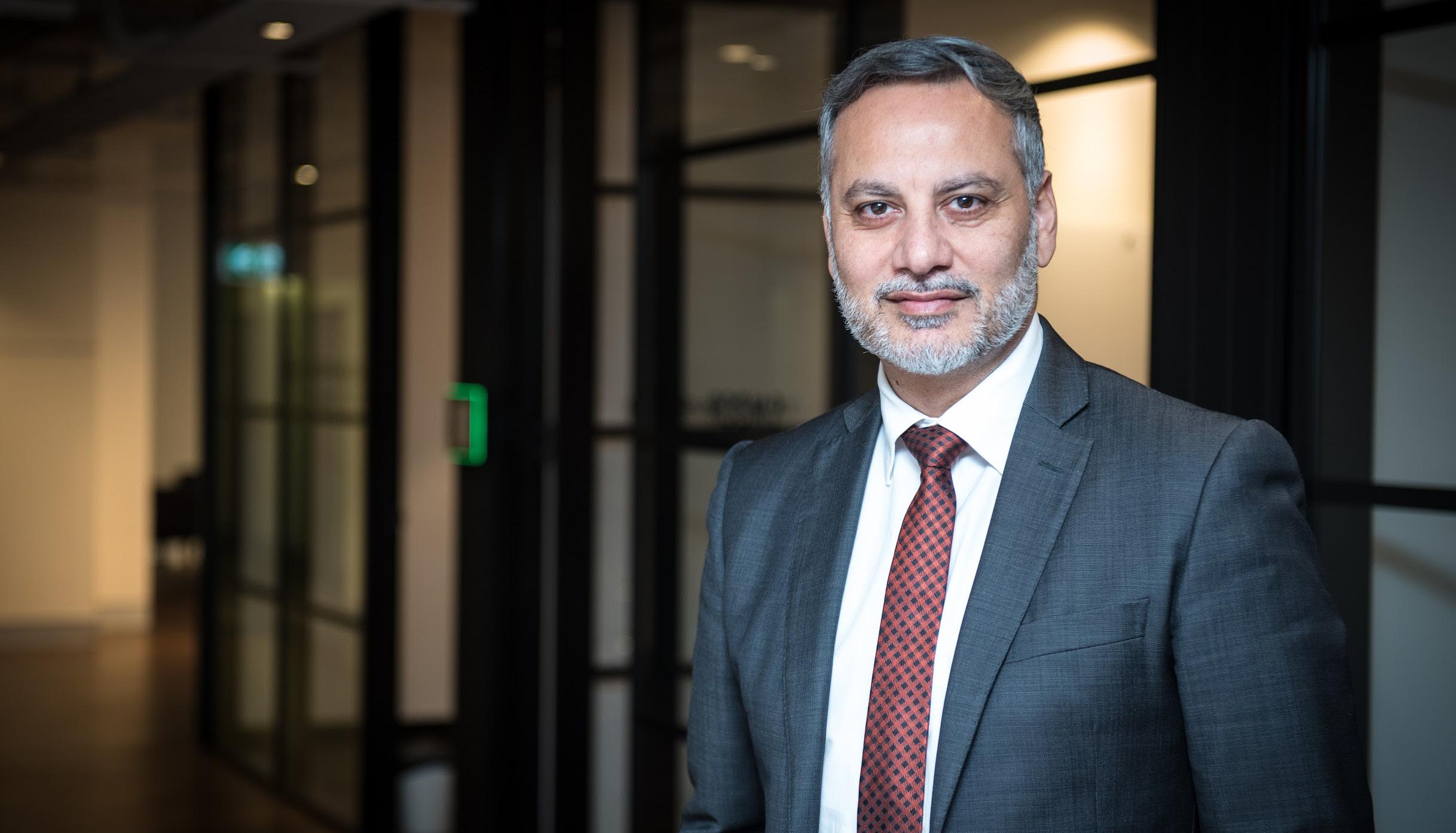
12 minute read
COVID-19: NEW AGENDAS AT WORK
from 2020-05 Melbourne
by Indian Link
What shifts have you seen in your daily work since the pandemic took hold?
INDIA-AUSTRALIA TRADE
DIPEN RUGHANI
(CEO, Newland Global Group (NGG) a corporate advisory firm based in Sydney, Australia, which aims at simplifying and strengthening trade and investment between Australia and India).
How far back would you say has COVID taken Aus-India relations?
This is a tough time for nations across the globe, but I choose to believe that each crisis is an opportunity to do the inconceivable. COVID-19 hasn’t pushed our bilateral relationship backwards but may actually have provided an impetus to pull our energies and push the bilateral relations forward to align our strengths and create a dependable partnership.
What will it take to get momentum back?
I actually feel we are sustaining the momentum; the bilateral relationship picked up momentum since the Australian governments release of the ‘India Economic Strategy to 2035’ in 2018, followed by the Trade Minister Simon Birmingham’s visit with the large business delegation to India in February, which will now be followed up with PM Morrison and PM Modi’s virtual summit to happen soon. Regular communication and engagement are integral to building Australia - India relations driven by positive tangible outcomes.
What have you been doing in this regard in this downtime?
Along with advising companies on strategising doing business in India, a major focus of our work is also on changing the narrative around India, based on facts and realities which is otherwise based on anecdotal assumptions and prejudiced generalisations. NGG has initiated a series of conversations with the best minds in the Australia-India space, to generate informative and educational content. We are also regularly writing and producing reports on strategic sectors and industries e.g. advance manufacturing,
International Student
SIMRAN WADHWA
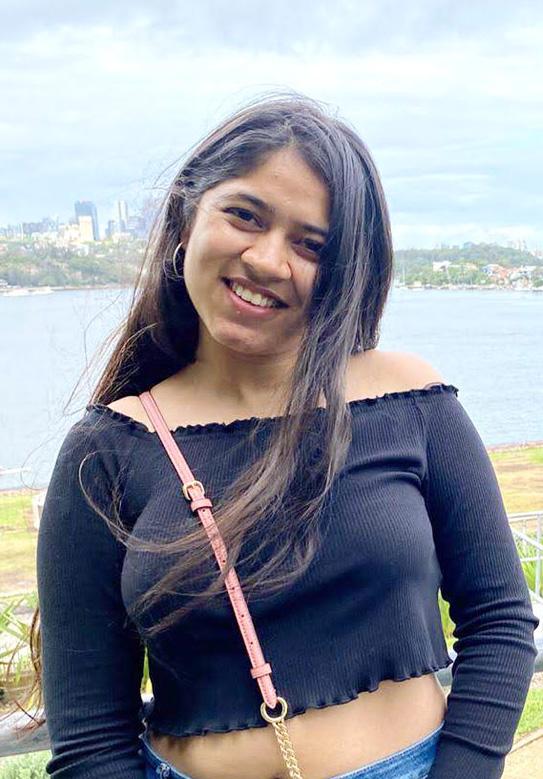
(Currently at home in Lucknow, India)
Iused to live in student accommodation (communal living) and the risk of contracting the virus seemed higher, so I came back home. Now Australia has closed its borders, and I’m uncertain about how my next semester will be. Because everything is online, it’s a new experience altogether but I miss the personal touch of campus or studying in the library. Online education gives you the comfort to work mining & METS, Edtech, BioTech to name a few. NGG during this time has also initiated the Australia India Webinar Series with varied stakeholders on the impacts of COVID-19 on diverse issues, sectors, institutions and bilateral ties, and focus on temporary to long-term strategies and solutions. The series so far has featured, Former Indian Union Minister for Commerce & Industry and Civil Aviation Suresh Prabhu, Amb. Navdeep Suri, Amb. Anil Wadhwa &Amb. Biren Nanda, A Balasubramanian (CEO, Aditya Birla Sun Life AMC Ltd) and Prakash Rao (ED, National Investment & Infrastructure Fund). The next webinar edition will be on the Manufacturing opportunity in India, and how Australia-India can build synergies in this sector. from where you are though it takes being able to meet people and learning with others.
I am in my last year of my Master of Economics, and it was an important year in my life such as applying for jobs and taking part in internships.Now the job market and the economy have been greatly affected. As an economics student, I completely understand the shock in the economy and the downfall it has to go through. But it has severely impacted my personal career plan and I hope normal life bounces back. For now, I can only enhance my career skills with classes and internships online.
For the rest of the year, I sincerely hope that Australia opens up borders so I can come back and resume campus life and get my career plan back on track. I know
What would you like to happen early when the pandemic restrictions ease?
I would like to see the release of the Indian government’s Australia Economic Strategy, a report that was slated to release in January this year during PM Morrison’s official visit to India, postponed due to the horrendous bushfires in Australia. Beyond government engagement, I also expect corporate Australia to engage with Indian businesses at a proactive level, and build joint and enabling platforms in areas like Edtech, Healthtech and sectors, which have been hit by COVID-19. The ties should focus on building synergies between Australian technology and Indian skill and demand. It would be great to see both countries reimagine and redefine this relationship with greater cooperation and collaboration.
2020 is a year that’s just passing by and not adding much to our personal growth. I would want life to go back to normal, the economy to bounce back, and all of us to progressively move forward in a direction that benefits everybody.
I was a mental health ambassador for Sydney University Village. I feel everyone’s mental health has been affected by the pandemic in some way, in a greater or lesser context. Everybody is trying to understand why this is happening, and there are plenty of questions in their minds. The solution to those thoughts is to stay calm, keep your faith, try to upskill yourself, use this time wisely, read more books, and gain some knowledge. We can’t meet people, but we can still stay connected with family and friends. I’m sure this, too, shall pass.
GENERAL PRACTICE Dr. SUNIL VYAS (Sydney based GP and former head of Australian Indian Medical Graduates Association)
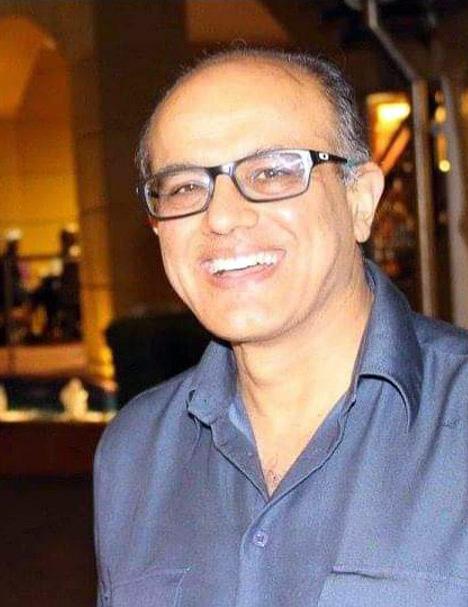
Work has been difficult and stressful in recent weeks. There are new facts we have to deal with weekly, even daily.
Early in the piece we were suddenly confronted by the possibility that thousands will fall sick. How would we cope with patients? With hospitals overwhelmed, how could we as GPs help carrythe burden?
At the practice, there was a big worry about patients – who could be infected as they walk in?
We quickly developed strategies with the government’s advice – we cut down on our work to minimise exposure; adopted social distancing measures; limited numbers in waiting rooms, all the while dealing with anxious patients. We got used to telehealth, which was a huge jump from normal - they’vebeen trying to introduce it for years for use in remote areas, but now it’s been put into practice almost overnight. The learning curve has been steep, and while telehealth has its benefits no doubt, as a doctor I still want to see a person in the flesh.
Early on, we tested only overseas returnees, and those that have been in contact with infected others. Now, the strategy is to get everyone tested, and there are clinics to which we direct patients straight away; pathology companies can test now, and there are drive-through clinics.
Regarding our own exposure – we were initially very worried, when we observed trends in Europe and US. Most of my family are in medicine and many are in the forefront so there have been concerns.
As weeks passed though, with lockdown and restrictions, the general public came on board really well. The strategy has been successful – we are an island continent, yes, but we also managed the health crisis well. Politicians came together across divisions, across states, and medical officers ensured their message got heard.
I’m very proud of Australia; I think we deserve congratulations. We’ve missed the bullet. The UK for instance has recorded 30,000 deaths, to Australia’s 97.
No doubt much financial investment has gone into quarantine and testing and ensuring economic stability for citizens, but it made a vast difference – and it is because of that that we are in a good position.
Still, we need to be cautious and vigilant. Don’t take anything for granted. As restrictions ease, more cases may come up.
I’m cautiously optimistic. Much work is going into the development of vaccine and in treatment, and a cure will come up. Think of it like HIV –it was a death sentence once, but now there is treatment.
In the meantime, follow the advice being given, it’s saved us a disaster.
Oh, and download the app.
Nursing
HARVINDER (ROSY) BHAGAT (Nominated for Nurse of the Year on International Nurses Day 2020)
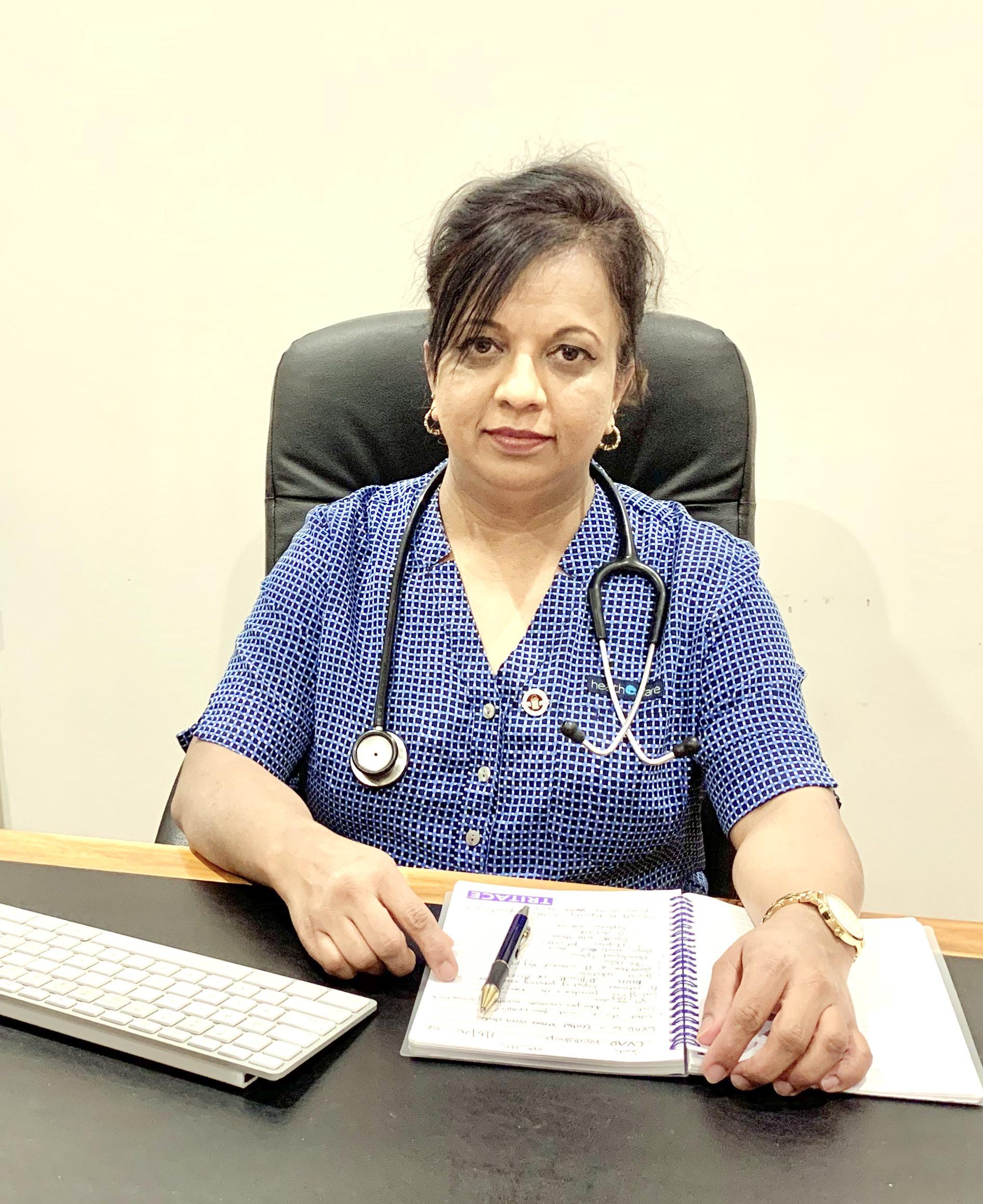
I’ve been a nurse for 25 years and it has been a very satisfying experience. I feel blessed that I am able to help the sick and the elderly. At this time when the entire world is depending on the medical and nursing profession to provide selfless care, I feel proud to be an essential worker.
I thought the nursing life would be all about acute medicine and surgery, however realised very soon, it is all about care in any setting. I was prepared to step up if required as a frontline worker in this pandemic, and help to the best of my ability. In our profession there is always some form of exposure and risk involved so I was mentally prepared to risk exposure as long as I had appropriate PPE. I was certainly not actively seeking it, but prepared for it. It can be physically and emotionally challenging at times, but is very fulfilling. Fortunately Victoria has managed to flatten the curve with the correct measures in place to combat this virus, but the future is still uncertain and it is very important to continue being careful, sanitizing and maintaining social distance and getting tested to ensure community safety and health.
I don't think anyone can easily predict the next few months. This COVID-19 uncertainty will continue and people will continue to be at risk, so now is certainly not the time to take the foot off the pedal.
For me personally, caring for the frail and sick has made me more appreciative of looking after mine and my family's health.
I don't think there is anyone who is not affected by this pandemic in some way or the other, be it physically or psychologically, even financially. We need to maintain positivity and keep calm. There is absolutely no benefit in panicking or over thinking this.
I do think some changes in lifestyle will become permanent. Social distancing and hygienic practices will become a new way of life. People will focus more inwards than outwards, which is a good thing, I think.
Child Care Operator
Tashika Setia

Work during the ongoing pandemic has been stressful, hectic and challenging, even depressing.
We were not prepared at all for such a situation. Never thought financially and emotionally it could take so much toll on the business.
If we didn’t have Job Keeper, we would have closed doors and our 40-plus staff would have lost their jobs too.
Thankfully, kids and staff under our care are all well – there’s been no sickness (touch wood). We clean our centres thoroughly everyday, we are extra extra cautious, and maintain social distancing as much as we can.
Our industry has had major changes, with free childcare. But eventually, all the supportive measures will be lifted and the true picture will be revealed. We will find out how many (clients) are actually in the work force, how many have lost hours etc. We are estimating that the business will decline by 50%.
It has affected us personally too. Absolutely. There’s loss of income, and all future projects delayed too. You put your heart and soul into your business to bring it to where it is and then this happens. It’s not going to be easy in the near future, for sure.
Some changes in lifestyle might will become permanent. Social distancing and sanitising measures will be a part of our lifestyle. Restrictions will be eased a bit but still I think people will be cautious and not take basic hygiene lightly (like washing hands).
When restrictions ease a bit more in the short-term, work will be stressful as it will be hard to accommodate all staff while there might be a significant drop in the number of children enrolled. We will miss our beautiful families and budget will be tight too due to lack of income.
It was early March when we began to hear about COVID with increasing regularity, but life continued more or less normal. It was when the Melbourne Grand Prix was cancelled that it hit home; it’s a different story now, I remember thinking.
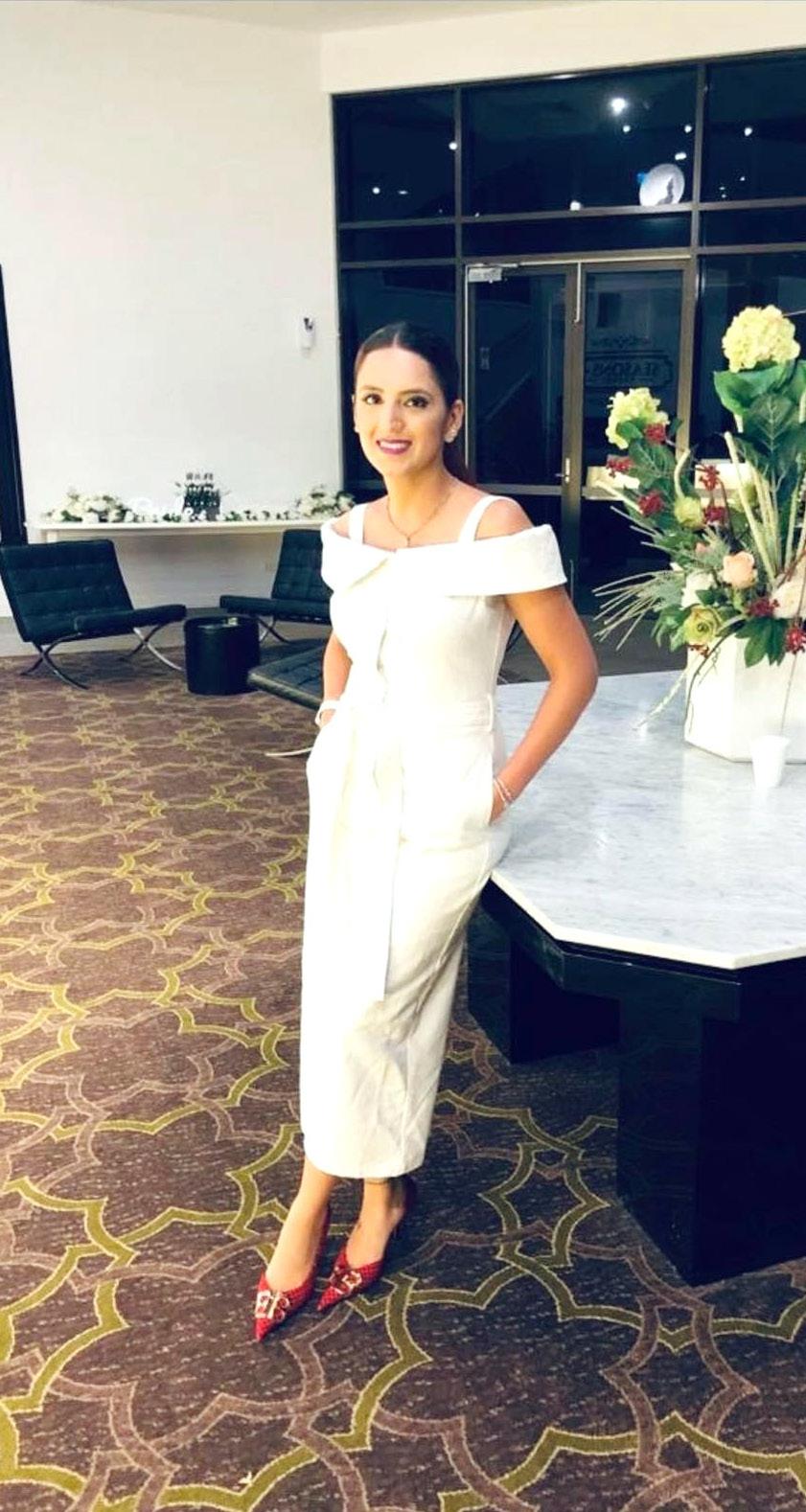
I got extra cautious about cleanliness, kept sanitisers in the car etc, but it was no use. There was just no one around –people were working from home, or had begun to lose their jobs, and were just not going out in the evenings or to clubs and cinemas and sport on the weekends. It became very very hard for me.
All of a sudden, I lost 90% of my work. I would drive maybe for one hour, in my usual twelve-hour shift. I was making $300-$400 daily as a full-time driver, sometimes even $500. I came down to $50- $100.
I don’t see things getting better in the next four to five months.
I’ve now moved to an online marketing role at Coles, and luckily more and more work is coming from there. Will I go back to Uber when things settle down? Probably not.
Nursing
Sonia Bhatia
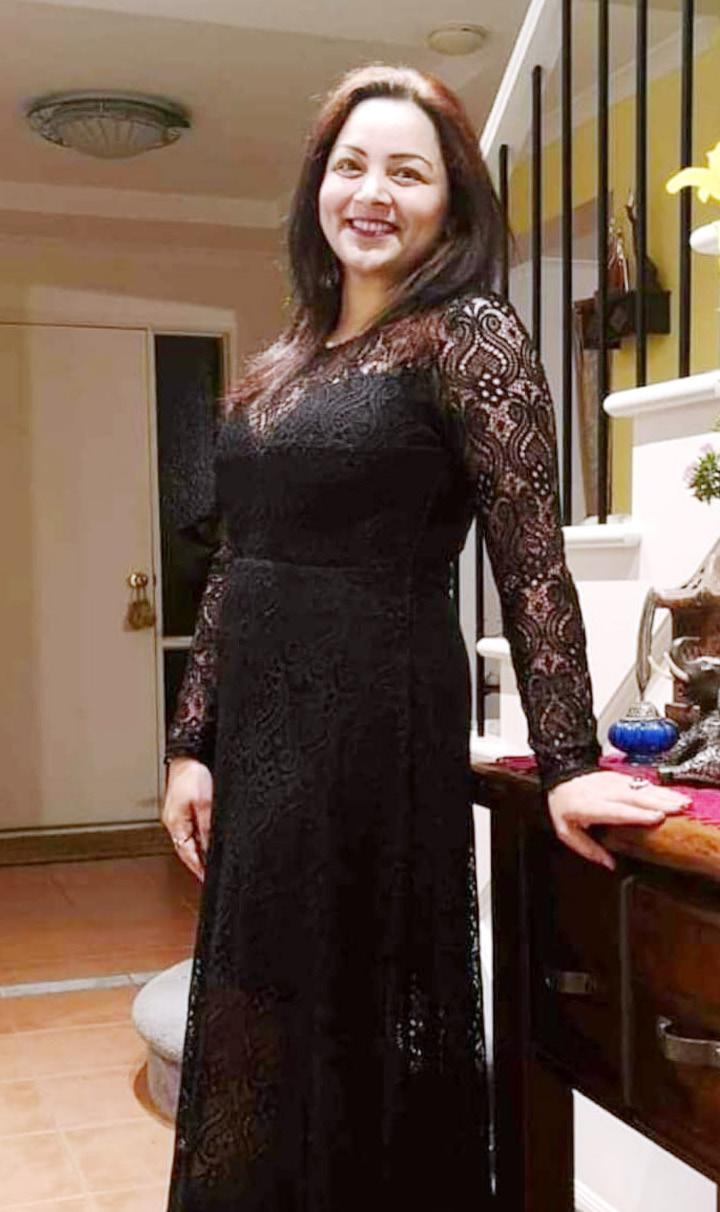
Being a nurse is not a profession for the fainthearted. Nurses deal with life, death, and everything in between. But the job is also considered to be one of the most respected, satisfying, in-demand, secure, and overall best jobs in healthcare.
And yet regarding COVID-19, to be honest, I was not prepared for anything like this. My training has taught me that nurses should not be scared to take on the challenges. With the appropriate training and all my clinical experience, it really helped me in the current situation What are we expecting in the next few months? There are a number of possible futures, all dependent on how governments and society respond to the coronavirus and its economic aftermath. Hopefully, we will use this crisis to rebuild, produce something better and more humane.
It has affected me personally as there are so many reasons to feel anxious regarding COVID-19. There’s anxiety about patients' health, but also the possibility of infecting family members, and the financial impact of the pandemic.
This worldwide pandemic has brought with it public health crises, global economic upheaval and widespread uncertainty. I feel that even when the acute threat of COVID-19 passes, things will not return completely to normal. The virus and the economic tumult that accompanies it are transformative events and will likely change lifestyle and financial choices for every generation.
International Student
RHEA L NATH (Currently in Sydney)
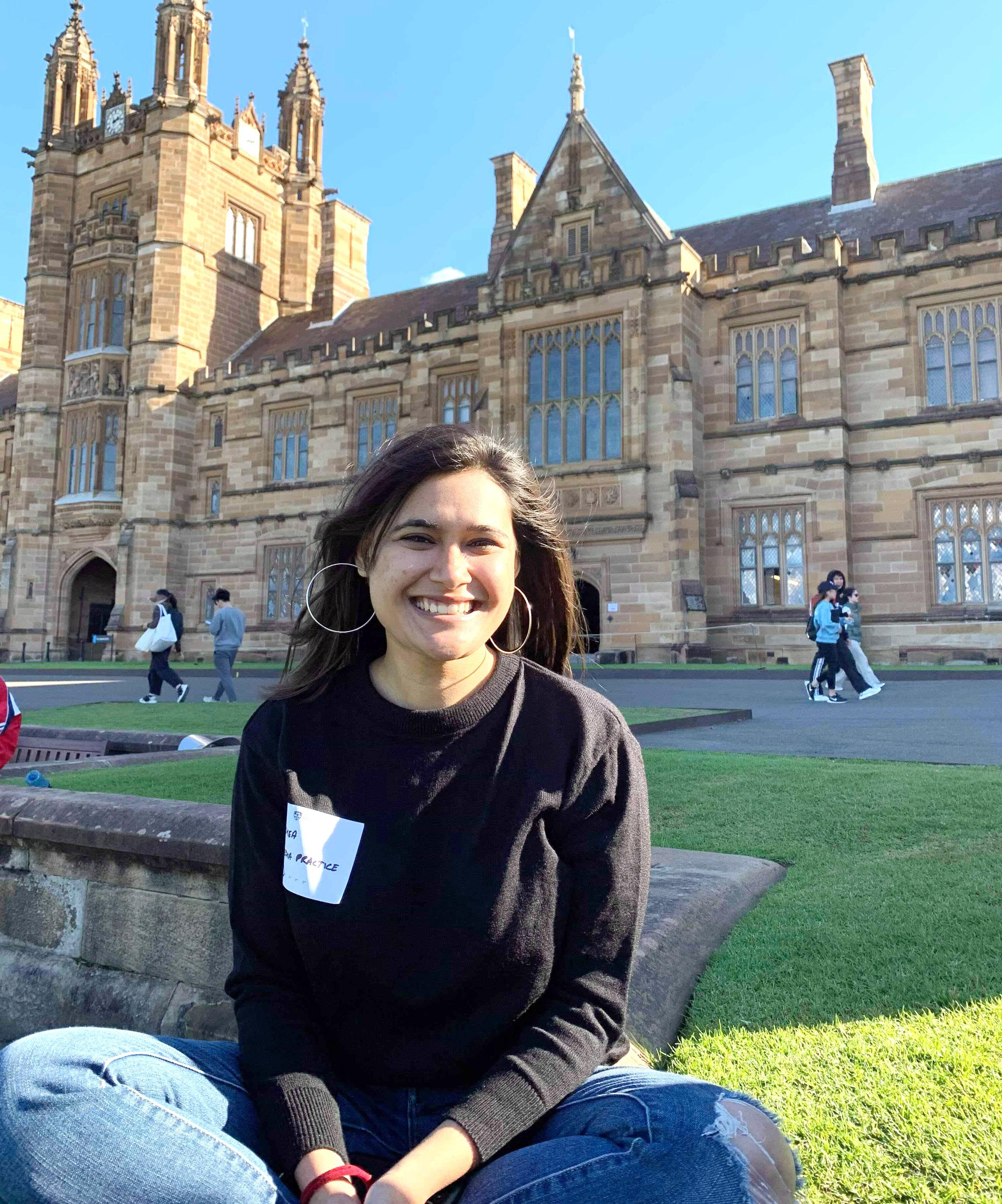
Because of the time difference with classes and general travel logistics, I decided not to go back home and I’m continuing my online semester from my student accommodation in Sydney. I’m not sure if I enjoy the online semester when so much of my degree (Master of Media Practice) involves going out, talking to people, and hands-on work with equipment. With everyone in their homes, those exciting elements have been lost. I’d like to believe that the next semester will resume on-campus so that we can get back to the Aussie student experience.
I’ve been able to continue my part-time work as a journalist while working from home, and I recognize that I’m part of a minority of students (especially international students) who can say that. Thankfully, previous internship experiences back in India also equipped me with the ability to work remotely, so this wasn’t such a shock. I admit that there’s sometimes a nagging worry of ‘what will happen in another 2-3 months?’ but I’m choosing to think positively.
My understanding of productivity has certainly changed in the last two months. I’ve learnt to measure it differently by taking the process along with the outcome into consideration. I’ve understood more about myself as a student and learner, and I’ve been coming up with ‘hacks’ to break out of my own laziness. This introspection might not have happened if I wasn’t stuck in my room every day.
Regarding mental health, I’ve always had to reconcile with some aspects of anxiety, and this period has helped me understand where they stem from, when they are triggered, and what I can do about it. I’ve learnt to be kinder on myself, such as allowing some days where I don’t ‘need’ to do anything at all. It’s a much healthier perspective.
I would like to say that things should go back to ‘normal’ before the pandemic, but we’d be amiss if we didn’t acknowledge potential lessons from the self-isolation, such as normalizing work from home or mental health days. I’d rather say I’d like things to just get better. The next semester is my final semester at university, and it would be great to enjoy those final months on-campus. Much before the pandemic, I had considered going home for the winter break (that’s not happening now) and I had loved ones who were going to visit Australia for the first time to come see me. I’d love for those experiences to still be possible.
Community Melas
Dr. ARUN SHARMA
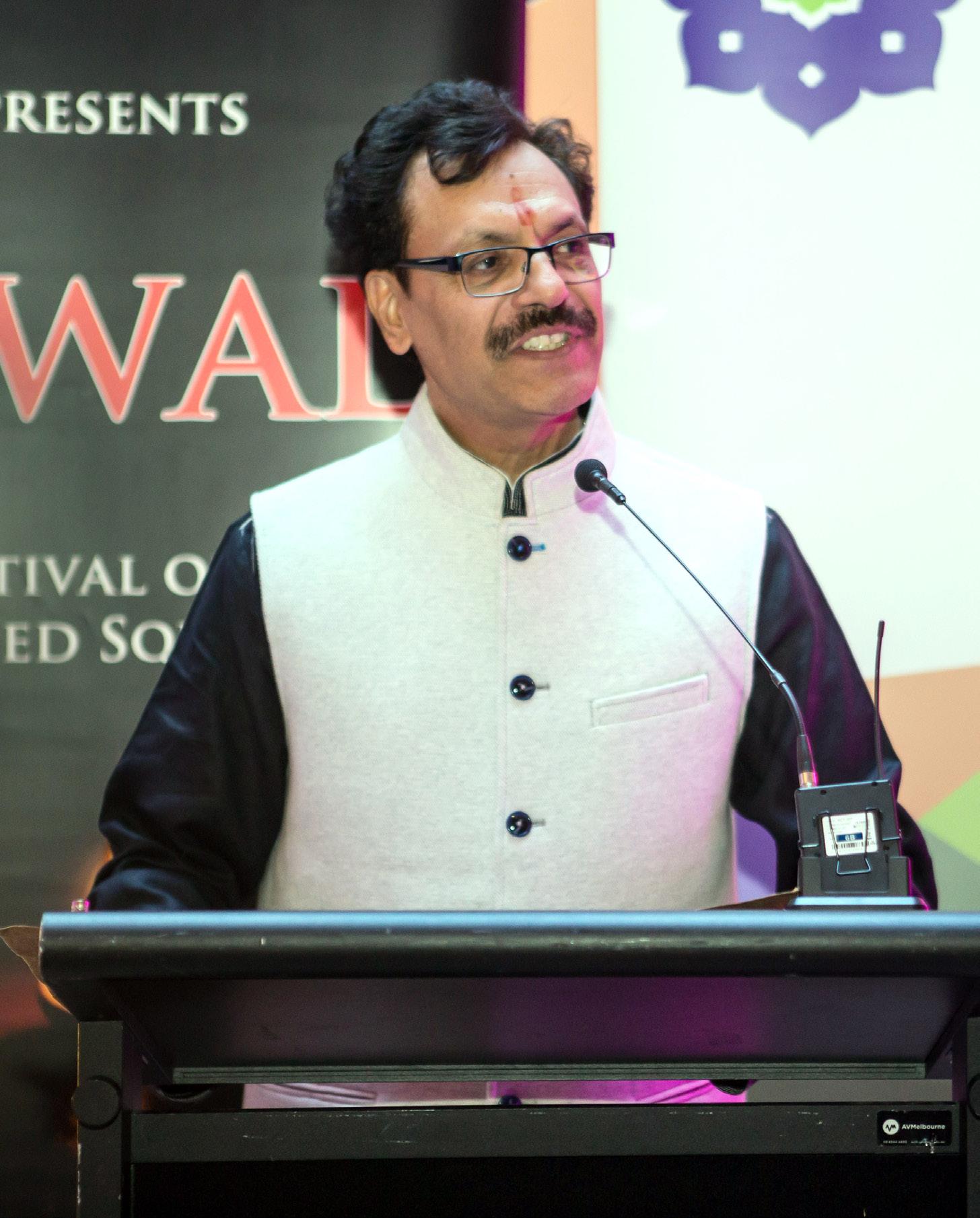
As a medical practitioner, I’m seeing long days, and it has been very tiring. There have been plenty of concerns
But personally I feel positive, and that it will all work out, but slowly.
The government is gradually relaxing lockdown but I think people’s confidence will take time to come back up. If all goes well, perhaps we’ll see a turnaround by year end, barring any circumstances like a second wave.
Regarding the Mela scene, we’re in an unknown situation, with no parameters with which we can compare and assess! For us it will be a wait and watch affair.
These are challenging times but I like to look at it as an opportunity to be innovative. There could be a variety of options for community celebrations - there are many creative ways of getting the community involved. Use social media, for instance. At Celebrate India we are lucky we have some experience in that, having adopted social media as a platform for community participation from way back. It will probably play a larger role this year. In fact, we’ve already begun an activity online. We’ve figured that people want to have fun. Restrictions are all well and good, we’ll just create new platforms to enjoy!
If it all opens up, we’ll put up a show definitely, however small.
If we can’t, then next year, rest assured, there will be plenty more oomph in our Diwali celebration.










